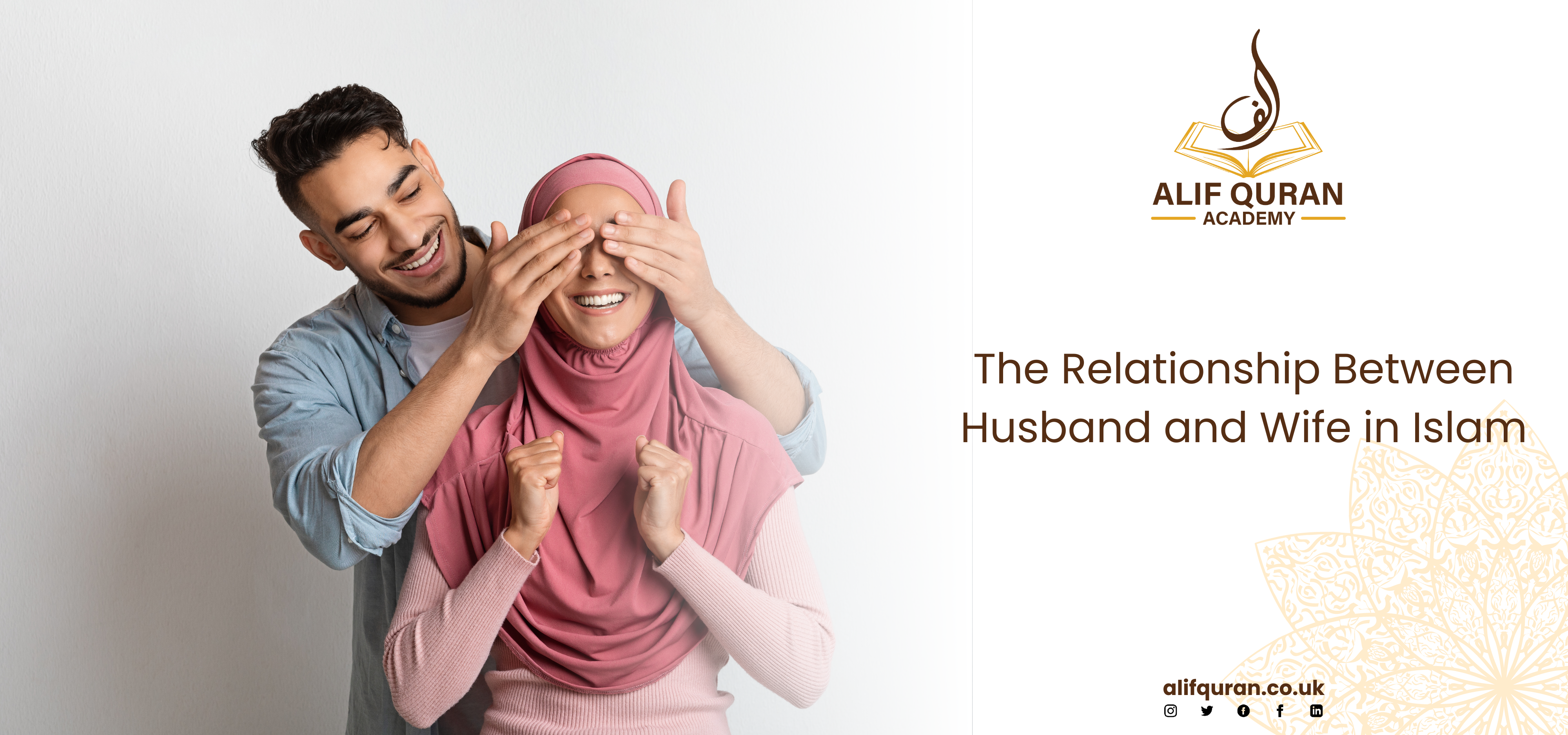
The Relationship Between Husband and Wife in Islam
The relationship between a husband and wife in Islam is founded on principles of mutual respect, love, and compassion. It is a deeply spiritual bond designed to support individual growth, family unity, and collective wellbeing. As one of the foremost institutions in Islamic society, marriage is regarded as a sacred covenant and signifies a partnership based on clear roles, responsibilities, and rights.
Understanding the Islamic Perspective on Marriage
In Islam, marriage is not merely a social contract but a significant part of one’s spiritual journey. The Quran describes marriage as a means of tranquility, love, and mercy. This perspective is illustrated in the Quranic verse:
“And among His signs is that He created for you from yourselves mates that you may find tranquility in them; and He placed between you affection and mercy. Indeed, in that are signs for a people who give thought.” (Quran 30:21).
This verse encapsulates the essence of marital relationships in Islam. The husband and wife together strive to create a nurturing environment that fosters spiritual growth, emotional support, and companionship.
The Roles of Husband and Wife
In Islam, husband and wife are viewed as partners, each with distinct but complementary roles:
Role of the Husband
-
Provider and Protector: The husband is generally regarded as the primary provider for the family. This includes providing not only for physical needs but also ensuring that the emotional and spiritual needs of his wife and children are met.
-
Leadership: The husband is expected to lead the household with wisdom, fairness, and understanding. This leadership is not about authoritarian control; rather, it involves making decisions in consultation with the wife and considering her opinions and feelings.
-
Support and Compassion: A husband is expected to treat his wife with kindness, empathy, and respect. The Prophet Muhammad (peace be upon him) emphasized the importance of gentle treatment towards women, stating, “The best of you are those who are best to their wives.”
Role of the Wife
-
Support System: The wife plays a crucial role in supporting her husband, both morally and emotionally. She is a partner in his endeavors and contributes to the family’s welfare.
-
Nurturer and Educator: The wife is often seen as the primary nurturer of children and is responsible for their upbringing. This role is highly valued, as nurturing a future generation is a significant contribution to society.
-
Co-Decision Maker: In Islam, the wife is not merely a passive participant in the marriage. She possesses rights and responsibilities and has a say in significant decisions affecting the family.
Rights and Responsibilities
In addition to their roles, both spouses have defined rights and responsibilities. The Islamic framework emphasizes balance and reciprocity, ensuring that both partners are treated fairly and justly.
-
Rights of the Husband: The wife is expected to show respect, love, and kindness toward her husband. This includes loyalty, fulfilling his physical and emotional needs, and supporting his endeavors.
-
Rights of the Wife: The husband is required to treat his wife with respect, affection, and fairness. He must provide for her needs and safeguard her rights.
The Quran advocates for kindness and mutual support, stating:
“And live with them in kindness. For if you dislike them – perhaps you dislike a thing and Allah makes therein much good.” (Quran 4:19).
Marriage as a Partnership
A successful marriage in Islam is grounded in partnership. Effective communication, shared responsibilities, mutual respect, and emotional support are at the core of this partnership. Both partners must work towards collective goals, ensuring that the household operates harmoniously.
Conflict Resolution: Disagreements are natural in any relationship. In Islam, the emphasis is on resolving conflicts constructively. Couples are encouraged to communicate openly, seek forgiveness, and strive for peace. The Prophet Muhammad (peace be upon him) advised seeking reconciliation and bearing each other’s shortcomings with patience.
The Role of Extended Family: In many Islamic cultures, the extended family plays a significant role in married life. While this can bring challenges, it also offers a support system that can strengthen the couple’s bond and resolve conflicts.
After reading this article, you can take look at this guide as well (Teaching Manners and Instilling Spiritual Values in Adolescents: A Guide for Parents )
Conclusion: Building a Lasting Relationship
The husband-wife relationship in Islam is designed to be a partnership rooted in love, respect, and shared responsibilities. It is a dynamic balance where both partners recognize and fulfill their roles while supporting each other’s emotional and spiritual growth. By adhering to the principles outlined in the Quran and the teachings of Prophet Muhammad (peace be upon him), couples can build strong, enduring relationships that contribute not only to their personal happiness but also to the wellbeing of their families and communities.
Ultimately, a successful marriage in Islam is one that reflects the divine attributes of compassion, mercy, and unity. It requires continual effort, open communication, and a commitment to one another, serving as a testament to the beauty of the human spirit in a bonded relationship. Through challenges and joys, the husband and wife walk together on a shared journey toward personal and collective fulfillment, demonstrating that love, patience, and mutual respect are the cornerstones of a thriving Islamic marriage.



